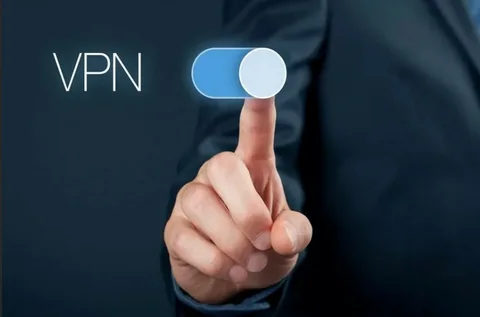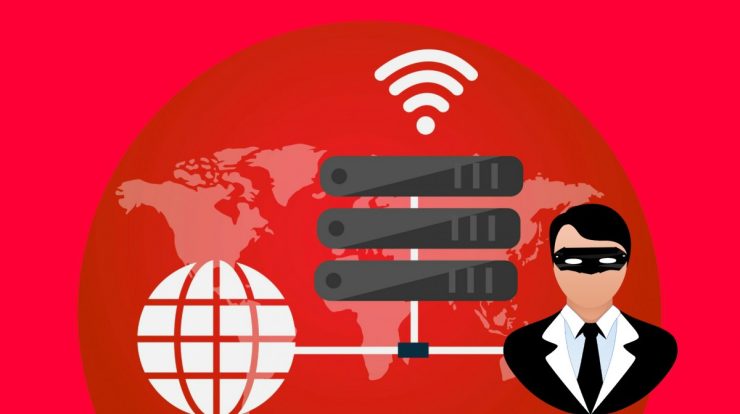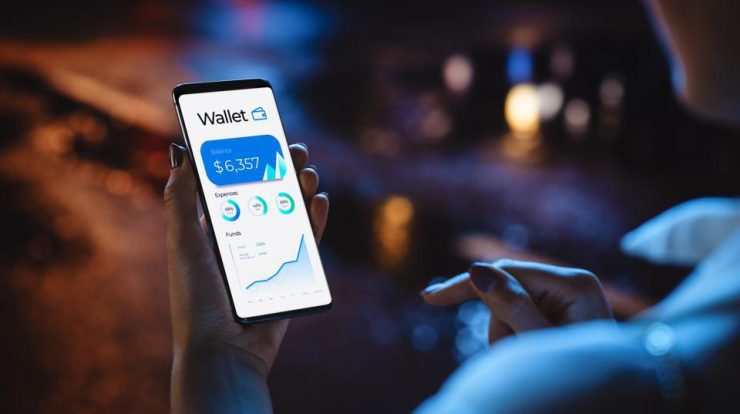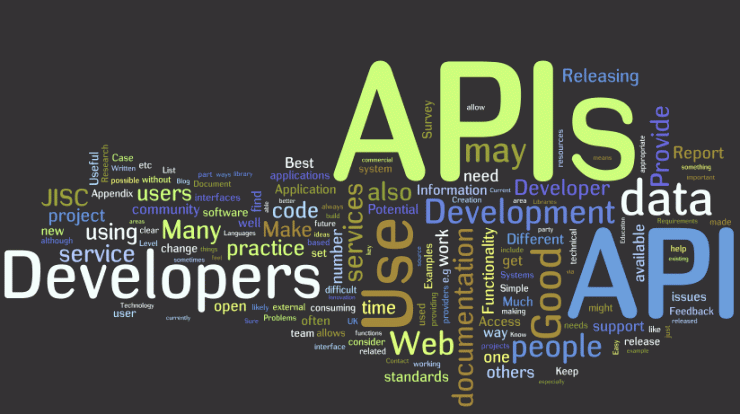
Five hours daily. By 2016, US consumers were using their smartphones much more frequently than usual. What does it take for a person to spend more time on their computer? We’re pretty much online. Whatever time we spend on the Internet we should take care of it. The good news is that you can continue using your device however safely.
What is online privacy?
Most likely you’re hearing about online privacy more often. Privacy is an important concern of the government or the tech giants, and they often clash about how they should handle this matter. How would you explain this idea? In short, privacy is what we do to protect privacy online. Strangely there’s little legislation defending these rights within the region. Although the Internet is protected by the Privacy Protection Act 1998, most companies don’t follow these policies. Internet security is different from internet safety and it has an important relationship to both.
Browse Online With a Secure VPN
Your internet browsers may collect information from you on your internet activities. For a start, you can log off your browser. Use some browser extension to enhance privacy. HTTPS Everything provides encryption between all supported websites and hides credit card and password information in the Wi-Fi network. Adblockers and tracking devices block the tracking of your computer and internet. Using an encrypted VPN is a great way to hide the sensitive information in the system. VPNs should always have an internet connectivity connection in a public area such as the airport or coffee shops. Be careful not to use public or unsecure wireless connections.
Set firm privacy settings
Check all social media data protection settings to determine if your information is publicly accessible or if it may be shared with other users. You are more secure when you just permit your friends access to your information on a certain date. Facebook may also change their privacy policies, so be thorough in your investigations and do not get surprised by the entities whose information is collected through your social networking sites. Make sure your Facebook settings wont be accidentally shared. The company could give you information about browsing your site or email, and this could cause your website not to function as it should be.
Use Encryption to Keep Data from Prying Eyes
It is possible your computer is safe from unauthorized use or misuse of your personal info. That may have been a mistake in the first place. Keep everything safe. While logging into an account is a security measure, the hackers will rip out your device, install them on another machine. It’s best to secure your computer data on MacOS and Windows to prevent anyone from knowing you. (All mobiles today are using these kinds. And remember something obvious: Before you sell an item, wipe it down and restore it to its original configuration. I think storing more in the cloud can be helpful in reducing storage costs.
Get rid of unneeded mobile apps and browser extensions
To protect your privacy the users should be cautious about every app. Your risks are reduced by fewer accounts. Create less accounts. Just get them from trusted source such as official App Store. Tell me the way that apps earn money? This trick could be helpful in guiding users to safer apps. Unroll is another online service which summarizes the newsletters or subscription emails. Despite a FTC re-investigation, the company’s revenue models remained clear. Users are the most useful way to make apps money. When removing apps, do not use those apps.
Don’t ignore software updates
The biggest privacy hack comes not because of a newly-discovered bug. Instead, exploit known vulnerabilities already addressed – on computers not yet updated. BitDefender said 64% of all attacks targeted vulnerable systems older than two years of use. This step requires setting your computer operating system for automatic updates. Follow these instructions for automatic updates for Windows OS X, Macintosh, or ChromeOS devices. You can also use an Anti-Virus tool to protect yourself against malicious software like spyware.
Block Search Engines From Tracking You
It collects many kinds of information from the user. And 90% of us search on Google. Both Google and Bing own Google’s largest search engine, but both operate Chrome and Edge. They have many records in this regard. First, you can eliminate your information from search engines and improve your privacy. Sadly Google does not allow for any tracking of users’ activities. Another alternative is switching to online searches such as DuckGo geared toward preserving privacy. How do I delete my email address?
Close Online Accounts You No Longer Use
If there are any dormant Facebook and Twitter accounts, stop using them. The information contained within the database could be compromised or stolen by security breaches in the case of email, photographs or any other files. Using an online password recovery tool is a good way to learn the passwords of people whose accounts don’t use the same password often. The password manager can also store your entire online accounts so that they are checked out and unused one or two days out each year.
Limit social media sharing
Sharing too much information online can leave you with inaccurate information. Make sure that your photos and comments are kept private and you limit how many users can see your post. The Center for Identity at UT Austin offers tips on controlling your privacy settings for many social networking websites. If your daughter has internet access you should check your child’s privacy settings. If you post anything please be sure the people are aware of what’s safe and what’s not.
The internet is often viewed as the Internet Super Highway. It can become very frustrating when you have stolen your information from someone who is hacking into your computer and is stealing it from you. Your password is not going on a super highway to getting caught up by e-commerce scammers.
I know that you can get lost on the internet. In some instances, the use of the public WiFi connection at coffee shops may seem harmless. If I use the internet to shop online, my card details may be stolen and you could be caught by a fraudster. The privacy protection of your personal data is essential for protection on e-mail. Fortunately, though, there is a way to make your life safer. Use password management and block the accounts on social networks, limit the risk of fraud and close all old profiles, and learn how the signals of fraud are displayed. Please let me know!
Create strong and unique passwords for your online accounts
If there are any online accounts in which the company had a breach, it should be a simple one to worry about. The breach incident can be accessed if your account has been breached and the same password has been used on the same account. This is how we set the best passwords. Is a website like that that can hold more than one set or one password for the same user or account? There are various companies out there that offer a different price and plans.
Tighten the privacy settings for your online account
The next steps to follow are simple and probably easier to follow. Check out the privacy options your account uses frequently. Some of the most profitable businesses collect personal information for free from the public. And most of the defaults of the application skew toward collection, rather than protection, of the data. It depends on what you want to share as well as what you want to keep. Some of these areas are worth looking closely.
Avoid oversharing on social media
You probably know that posting pictures on Facebook and Instagram isn’t an option because they can easily get lost or stolen. You might share personal info without even knowing it when you enable GPS and location services. A hacker may collect your information about where your home lives or your current travel schedule so your house or apartment is likely targeted for burglaries. Check out your device settings for your location.
Commit to sharing less online
The easiest way to prevent online fraud is by putting more information online. It is a good start when a person starts looking on social networks. Take care not to post images of yourself on a geotagged post. Most social networks also gather the data about how you are performing — and most often don’t protect your data the way you prefer. All of a sudden, the data privacy breach comes into the spotlight.
Use strong, unique passwords and two-factor authentication (no SMS)
A good username password can help prevent unauthorized use. If the passwords or passwords aren’t available on the device you want to use, just add them to it. Hackers may even elude strong passwords when their devices are not automatically locked. If you turn off an iPhone, make sure that it will ask you for a new password immediately. The best settings are “30 seconds” or “instantly”.
Use passcodes for your devices
Would someone with an iPhone access it? This is frightening. It’s easy to lose a smartphone and giving a search engine all the data about you and what you can do on the phone could cause a lot of trouble for you. Keep an app passcode handy so you can protect all of your data. You should also use laptops and desktops.
How secure is your private information online?
In the past decade, data breaches have become more common. But that isn’t easy. It’s easy to protect your personal information and protect your identity and privacy online. How can one secure their online identity? What is the most important aspect of protecting your personal information when using this website?
How can we protect your personal information in the social media?
How can a Facebook friend protect the information they have about you? Treat this information fields as optional. … Learn about how to use privacy settings. … Know your friends. … Organize a list of items that are not allowed in the public view. ‘ ” Keep your account updated until the last minute. … Give your user a safe password. Please use my “about me” field optionally. … Take control of your personal data security. ”. Tell me your friendship partner. … Make a list that is “off limits”. … Keep your logs on if possible. … Create a secure password.
How would you protect your personal information?
Please take this advice to protect your private information online. Conserve all financial and confidential information at home safely. Limit how much personal info is kept when traveling with friends. Never leave the Social Safety Card at home. See company data protection policies and regulations. Consult website privacy policies, sales materials and forms you have emailed to us. Discover ways to protect your information against cyber attacks. Dismiss the subscription list of the organisation. Give passwords that are safe to use on the internet. Use VPN on the Internet. VPNs can secure your communication data by encrypting the transmission over the internet. Can a web site be tracked with cookies? Get the information from any consumer agency in your state that protects the confidentiality of information. Definition to protect health data. Ensures that all medical records can be accessed without consent. Please read carefully the medical authorization form. Check if a clause releases medical details. Get me some copies so I understand their contents. See privacy policies, health sites survey and health checklists. Report any problems to the OCCR. Learn how to file an e-mailed complaint at 1-800-737-7748 (TDD: 1-866-637-8748).
How can I protect my data privacy?
How do I improve my privacy by implementing this simple and effective approach? Keep the information safe. … You have to have the best password. … Make sure you are working from remote locations. … Keep a watchful eye on e-mails. … Install antivirus protections. . Keep documents and your laptop out of reach. The… Check whether the internet is secure.






